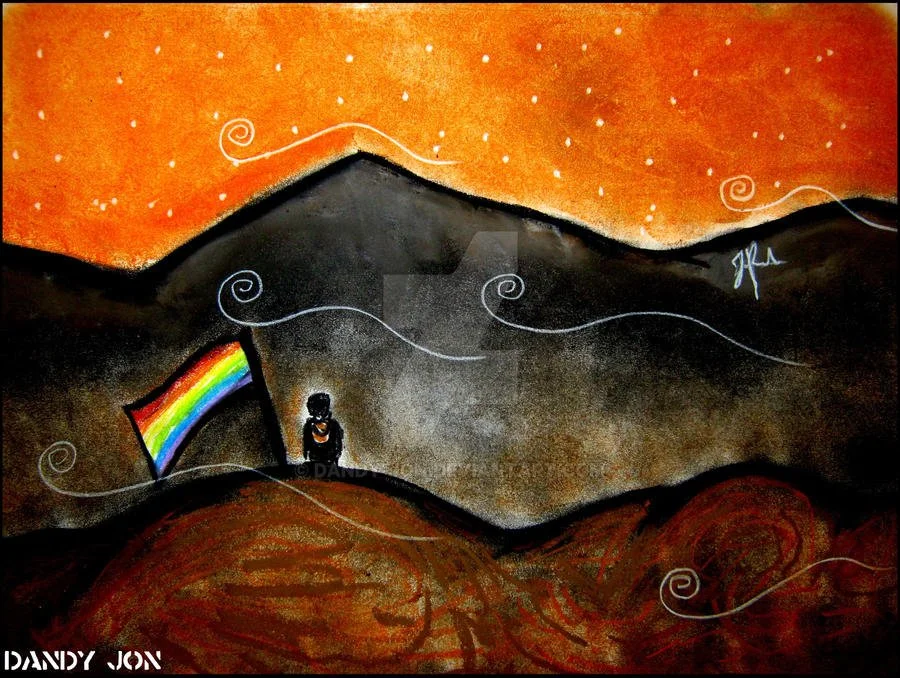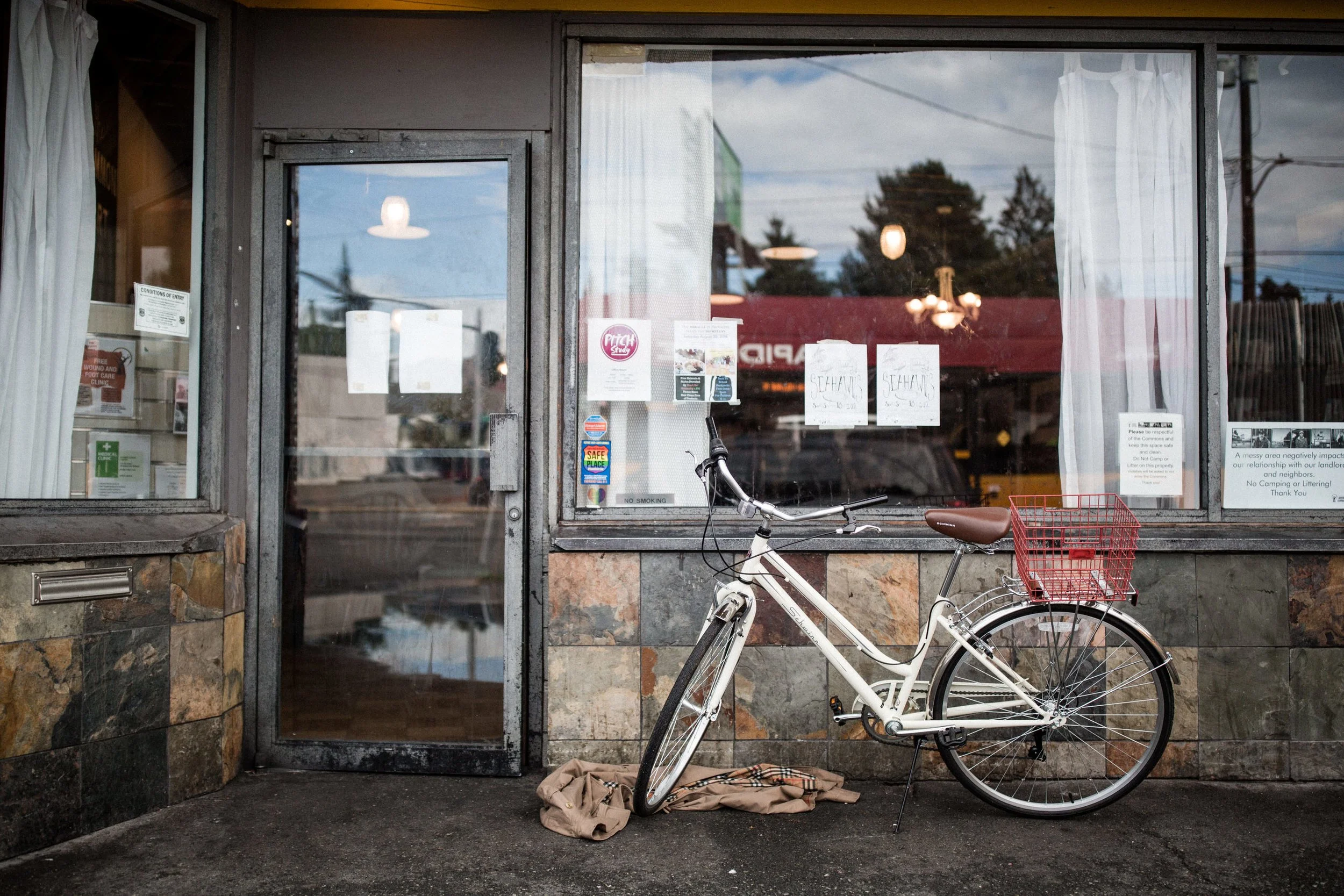RFP Climate Change Toolkit Available
Camino de Crestone Opens this Summer
Immigration Reform Webinar – Friday, May 24th, 3 pm EST
The Case for Atheist Chaplains
Because words like ‘chaplain’ and ‘chaplaincy’ have religious connotations, some atheists and non-believers prefer not to use the terms. Nonetheless, a need for atheist chaplains exists, and a growing number of people are stepping into the role. Atheists, a significant portion of the public, have needs like anyone else, seek out mentors and counselors who can advise them, and care for them. But the issue is bigger than being acknowledged and represented in the healing community, important as those matters are.
Camp Anytown – the Details and the Results
Camp Anytown is a nationally recognized, 50-year-old award-winning training program for youth focusing on leadership skills, human relations, and diversity. The goal of Camp Anytown Las Vegas is to create communities based on inclusivity, respect, and understanding through youth leadership and empowerment. This year our Spring camp is being held April 26-28.
Why Southern Nevada Interfaith Believes in Camp
Thank you for your interest in interfaith relations in Southern Nevada.
In two weeks, the Interfaith Council opens its Spring Camp Anytown in Lee Canyon. Approximately 60 youth will venture up the hill to be together for a life-changing weekend.
The Mosque Cares’s Ramadan Sessions as Communal Education
What follows is a brief program description from The Mosque Cares, one of RFPUSA’s religious communities. The program is designed to instill a sense of community identity while ministering to its neighborhood. This is the first in a series portraying activities of religious communities that are members of RFPUSA.
Are Atheists the New Campus Crusaders?
This month at the University of Illinois at Urbana-Champaign, a select group of students will show their humanitarian spirit by participating in the Bleedin’ Heathens Blood Drive. On February 12, they will eat cake to celebrate Darwin Day, and earlier this year, they performed “de-baptism” ceremonies to celebrate Blasphemy Day, attended a War on Christmas Party, and set up Hug An Atheist and Ask An Atheist booths in the campus quad.
Cultivating the Next Generation of Interfaith Leaders
More than 120 students from colleges and universities across the U.S. and Canada braved wintry weather to participate in the sixth “Coming Together” conference (CT6), three days of interfaith dialogue and programming. CT6 was hosted last month at the University of Chicago by the Spiritual Life Office and Rockefeller Chapel.
At What Age Should Interfaith Education Begin?
American Academy of Religion Opens Door to Interreligious Studies
It all began when I sat next to Prof. Barbara McGraw at an Interfaith Youth Core conference in Chicago in 2009. We were both impressed by the energy and passion of the religiously diverse young people gathered to talk about models of interfaith cooperation. Having helped launch the IFYC in my younger days and now learning the ropes of academic life in my position at Andover Newton Theological School, it struck me how powerful it would be to combine the scholarly depth of the academy with the passion of the interfaith movement. Barbara looked at me and suggested simply, “what about starting a new area at the AAR (American Academy of Religion) focused on interfaith work?”
Teaching World Religions for 40 Years
The first class of a new semester is always magical for me: a clean slate, tabula rasa, and new beginning. As I gaze at the students filling the large lecture hall in the Science Math Building at Saddleback Community College, Mission Viejo, in southern California, my stomach rumbles with nervous energy: my 40th year of teaching, but it seems like I am just beginning.





